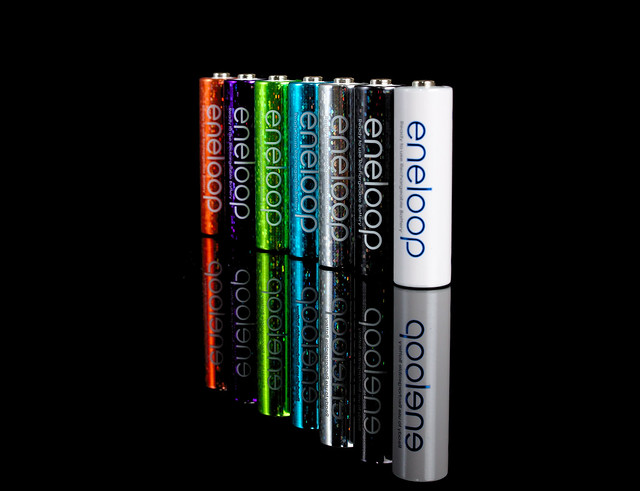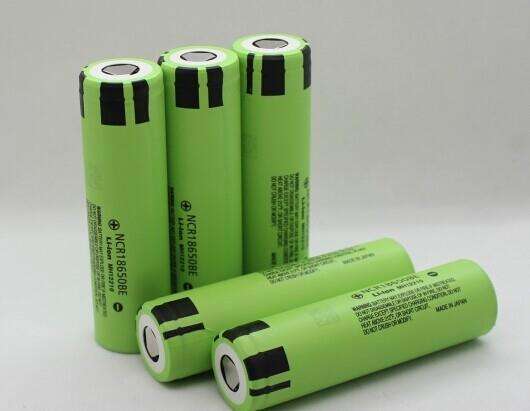Cost of Lithium-Ion Batteries for Solar-Use and Cost
Feb 20, 2020 Pageview:814
Everything nowadays has become so accessible and easy. From small everyday tasks to big operations, technology has introduced new chemistries and techniques in getting things done fast. Because of this technological advancement specifically, the world currently lives on lithium-based batteries. The first lithium battery was introduced in 1991. The overall commercial use of lithium batteries has grown broadly globally. As lithium-ion batteries entered the market, it grew insanely popular really quickly. Many people started switching to lithium batteries because of their numerous properties. Lithium is known to be a very light metal, and it has the highest electrochemical potential than most of the other elements.
What is the best battery to use for solar power?
At first, lithium batteries were tested to their full potential. A lot of research and experiments were involved in testing the lithium batteries. Unfortunately, their chemical properties didn’t allow them to be evolved further. Because the temperature of the batteries would instantly rise so quickly and reach the melting point of lithium metal fast, chances of a violent explosion grew higher. This is one of the major reasons why researches then focused on creating lithium-ion batteries instead as they were chemically and technologically safe. Compared to the lithium batteries, they were considered safer because of the chemistry involved, which is why they grew massively popular really quick in the market.
Lithium-ion batteries have been used in many different applications. A lot of research and reports have been published about their popularity and versatility in any field of work. Although these batteries are used in everyday tasks, found in our laptops, phones and tablets, they are also mainly these high-performance batteries are used for big operations. Solar-powered systems are one of them. Because of the evolving technological advancement in the market, many batteries have been found to be considered as high performing batteries. When talking about solar power or solar energy, we instantly think of energy-efficient and cost-efficient. Having a solid energy management system is what sustains the renewable energy industry nowadays.
Is it worth getting lithium-ion batteries for solar?
Lithium-ion batteries are known to be powerful in this industry. Compared to nickel-based batteries and lead-acid, they have twice the energy. What makes them unique is the fact that they’re very easy to maintain. There isn't a lot of effort or time involved in charging them, using them or maintaining them. The best part of the lithium ion battery is that it doesn’t have any fixed scheduled cycle for charging. You can charge whenever you want although you do have to monitor frequently for safety reasons. The battery is safe and can stay passive for long without any periodic charging taking place. It’s super environmentally friendly, it self-discharges at a very slow pace and it has zero memory. In an unstable environment, it's super important that your batteries are charged up beforehand and ready to provide the energy the next time it blacks out. As compared to other batteries, lithium-ion batteries have a really short charging period. They charge up really fast and are readily available to provide backup. Solar-powered systems require safe and periodic charging. Lithium-ion batteries align with those properties and work really well. In the renewable energy industry, they have become quite popular. It’s one of the reasons why they're the first choice for solar-powered systems.
The shift from traditional lead-acid batteries to lithium-based batteries is reasoned by the numerous benefits and advantages they provide. These benefits include a longer life span which is very important in solar-powered systems. You don’t want to invest in a battery that requires changing every 2-3 months. It’s a huge investment of time, effort and money. Power efficiency, low maintenance, higher storage capacity, low rate discharges, and no toxic emissions which therefore means they are environment-friendly. In all ways, they have been proven to be the best choice for solar panels.
Technology has made everything so accessible. From cordless equipment to cordless power, it has changed everything. These batteries are so small in size and light in weight, that they might just be considered that. Since they have a long life span, they are easy to charge wirelessly. The minimum lifespan of lithium batteries ranges from 3000-5000 cycles. This helps in optimizing the power generation from solar-powered systems. This increases efficiency and discharge. Speaking of discharge, other batteries tend to leak and react violently, if not monitored. Lithium-ion batteries retain power while discharging for later use. Solar-powered systems run for long periods of time. This property of lithium-ion batteries makes them a more comfortable and popular choice for these solar-powered systems.
Lithium-ion batteries are considered ideal for any kind of solar system, whether it’s a large grid or a small one. They’re super easy to install. Especially if you're someone who doesn’t have any previous knowledge about batteries, installation of solar systems. A professional and expert would definitely help you out. No one wants to invest a lot of time, effort and money into something and not see results. A professional can definitely walk you through any sort of light maintenance or functionality you need to know prior to using these batteries.
How much does a lithium-ion battery cost?
Because of the multiple benefits these batteries offer, they are relatively expensive compared to other batteries. Many different analytical reports have indicated that the?cost?of a lithium-ion battery can easily range from $500 to $600 per kilowatt-hour (kWh). It is said that by 2025 it will drop down to $160 per kWh. Although this is considered expensive, it definitely compensates for the high cost through its multiple benefits.
Because of its longe life span, easy installation, low rate discharge, easy maintenance and zero memory, they are definitely considered the popular choice globally for solar-powered systems.
- Prev Article: Cost of Lithium Ion Batteries for Medical Applications – Cost And Need
- Next Article: Voltage Regulator for Lipo Batteries
Leave Message
Hottest Categories
-
Hottest Industry News
-
Latest Industry News
















